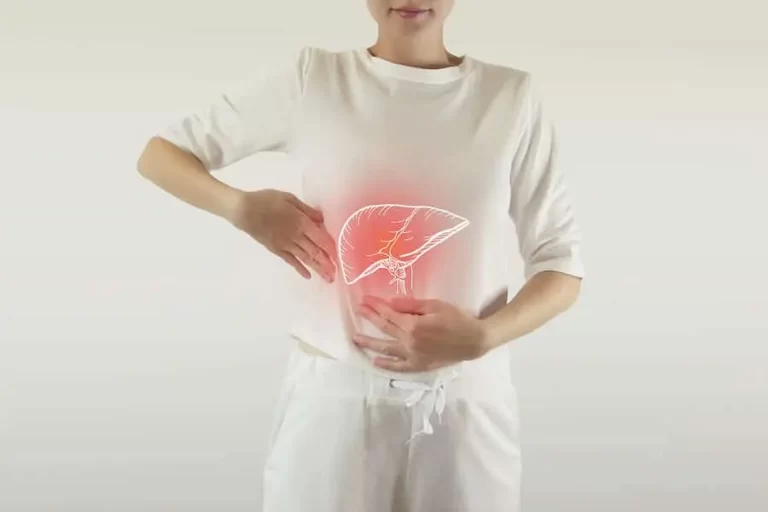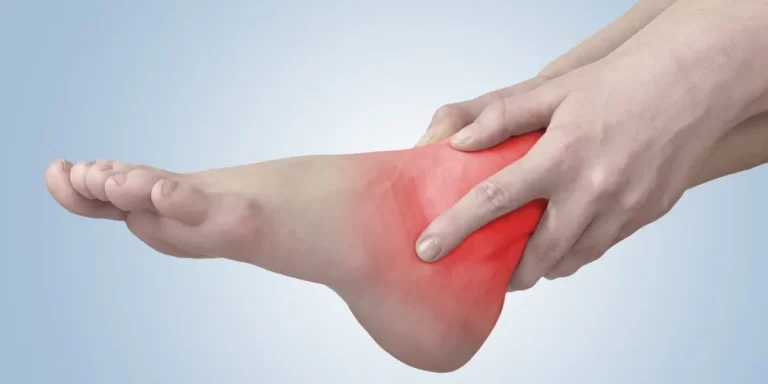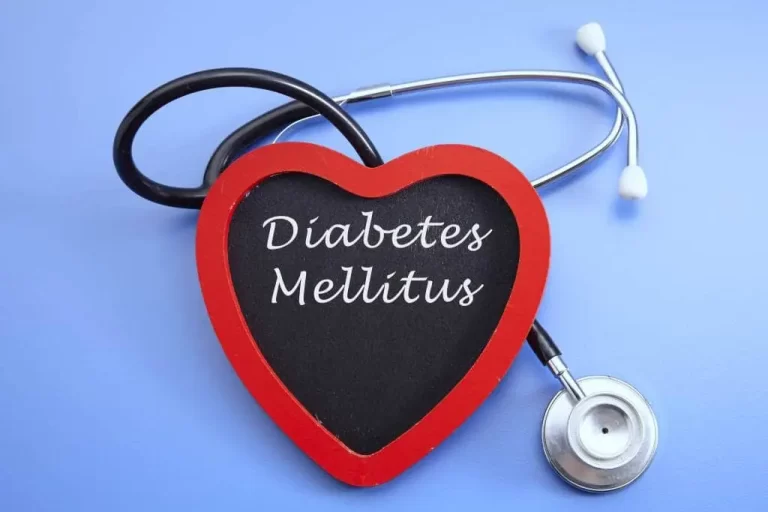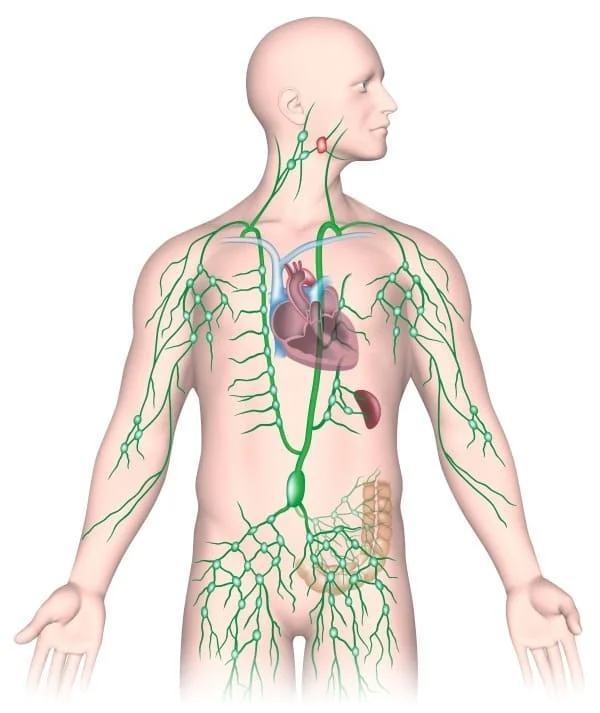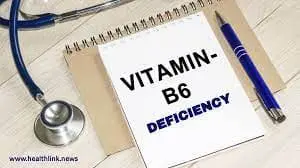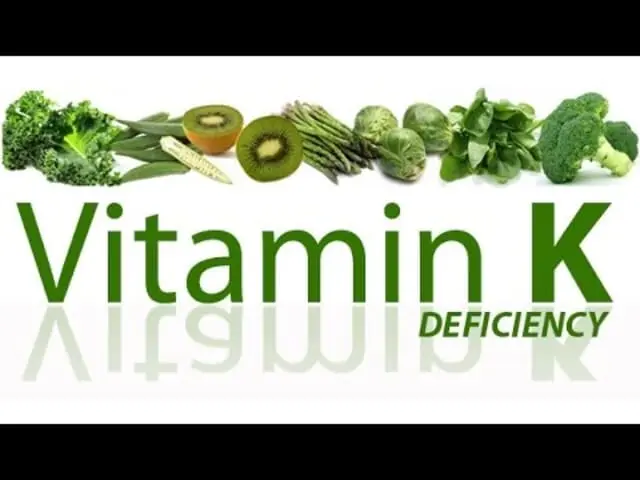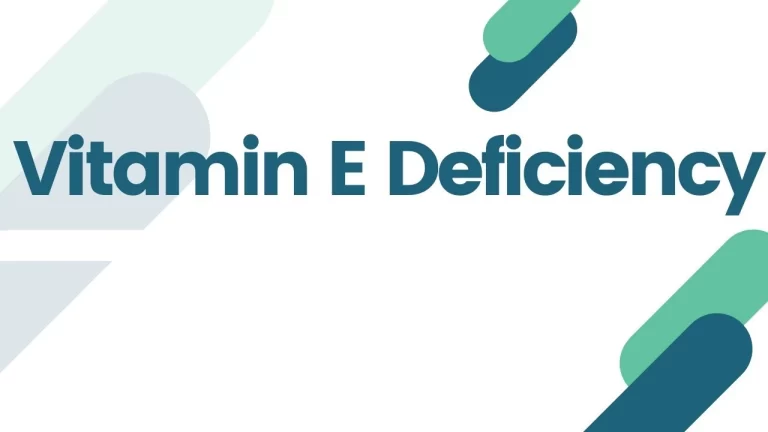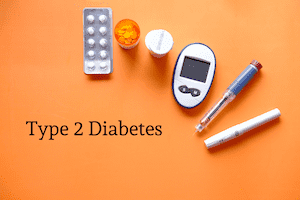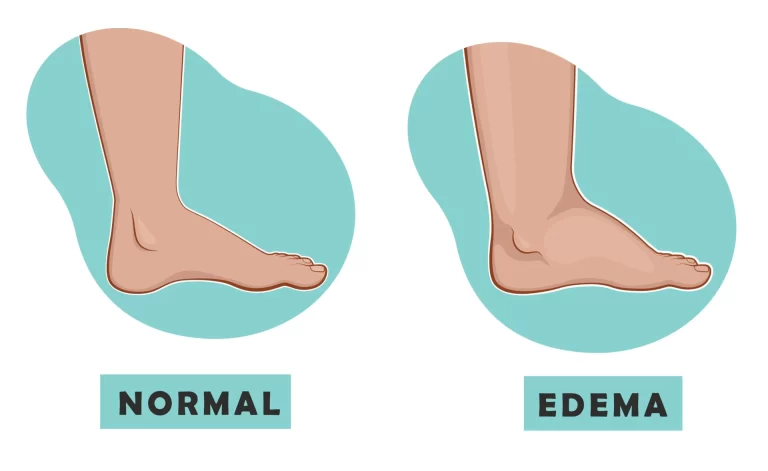Liver Pain
Introduction One of the most significant organs in the human body, the liver serves several essential functions. Infections are fought off, blood is cleansed and waste is eliminated, among other things. It maintains the metabolism and possesses the unique capacity to self-repair damage. On the other hand, if the liver malfunctions, it might be fatal….

